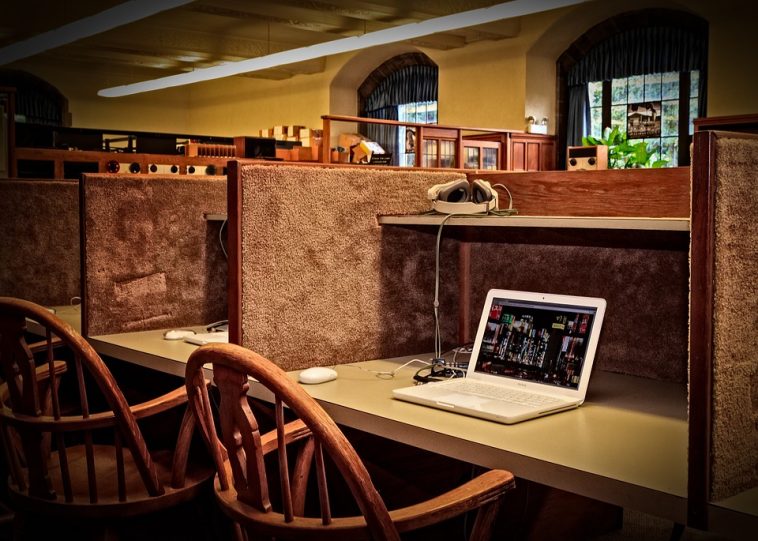South Africa should have a stronger tech entrepreneurship ecosystem than what is there currently. This is because the country has one of the largest economies in Africa. Moreover, there is high investment rate, and the infrastructure is one of the best in Africa. But research carried out by Google South Africa indicated that the country is running short of a rigid foundation to support the need for the ecosystem to do well. The foundation being addressed here is not any other apart from education.
OC&C, a management consulting company also carried out a research that shows that education in SA is not able to support broad-based tech entrepreneurship. It added that there are fewer programs aimed at tracking the whole entrepreneurship journey. There is also little support network given to young entrepreneurs. As far as African tech startups are concerned South Africa, Nigeria and Kenya remain the top three destinations of investment. This stood out for the last three consecutive years. But the funding secured by startups in Nigeria were more than those of South African startups in 2017 for the first time in history. This is according to a report released by Disrupt Africa Startup Funding in 2017.
Disrupt Africa’s co-founder Gabriella Mulligan said that in the past almost all the funding used to go to startups in the top three countries. But the proportion funding channeled to these countries is continuously reducing. This means that more money is going to African alternative markets. He added that the move indicates that investors are no longer focusing their attention on the traditional hubs. Investors are looking wider on the continent for business opportunities and talent. According to Mulligan, the pan-African ecosystem is reshaping and re-aligning itself. Google South Africa’s public policy and government relations manager Fortune Mgwili-Sibanda said that several factors influence the country’s ecosystem especially STEM education. He added that SA is ranked lower against other nations regarding the education system. This is worse regarding STEM education. There is poor performance in all fields from mathematics to basic literacy. It, therefore, leaves school levers unprepared to get into the job market. Mgwili-Sibanda also talked of the need of having a regulatory framework that is more flexible on issues like labor laws and IP that ensures business growth and development. He also called for pocket-friendly ICT infrastructure. This is to help entrepreneurs access to labor market easily.
He also said that he was surprised by results in the research including the difference between Western Cape and Gauteng ecosystem. According to him, Gauteng’s entrepreneurs are focused majorly on self-development. Entrepreneurs in Western Cape focus on growth and scale. But both the entrepreneurs start firms with the aim of social impact. However, there is different structures, support system, involvement by the cooperates and governments from the ecosystem. Mgwili-Sibanda said that despite all these many entrepreneurs shares a lot amongst them to maximize on the Cape Town’s support network and Gauteng’s market opportunities. Apart from that, he talked about the strong links that are there between South Africa and various ecosystems like Tel Aviv, Silicon Valley, New York, and London. He also spoke about the link SA has to other countries in Africa via cross-border business and immigrant nations. He said that all these places SA in the best position to explore how it can act as a link between Africa and other parts of the world. This is whether for attracting investment or for maximizing on market opportunities.
Mgwili-Sibanda added that lack of strong foundation in primary subjects makes it hard to grow a large group of qualified software developers that can construct and develop scalable firms. Therefore, there is an agent call for the country to check at its system of education as quickly as possible. There are already initiatives to solve the problems of education in place, but the step is the current challenge. There is a great need to increase the overall quality of education. This includes improving teacher’s skill level and expanding the access t quality education in rural areas. All these remains at the top of the agenda and are being worked on.
Mgwili-Sibanda challenged South African entrepreneurs always to take failure positively. He added that failure is the necessary tool for both the long-term success of entrepreneurs and their innovation as well. There are signs that most South African entrepreneurs are focusing on innovation than necessity. However, the nation needs more role models for the modern type of entrepreneurship. If all that are mentioned are not put into consideration, then there will be slow growth in the country’s startup sector compared to its peers. He finished by saying that the country already has excellent tech talent. However, according to the report, there is a call for broader depth and improving the available support to the ability. This is to unlock the true entrepreneurship potential in the country.



